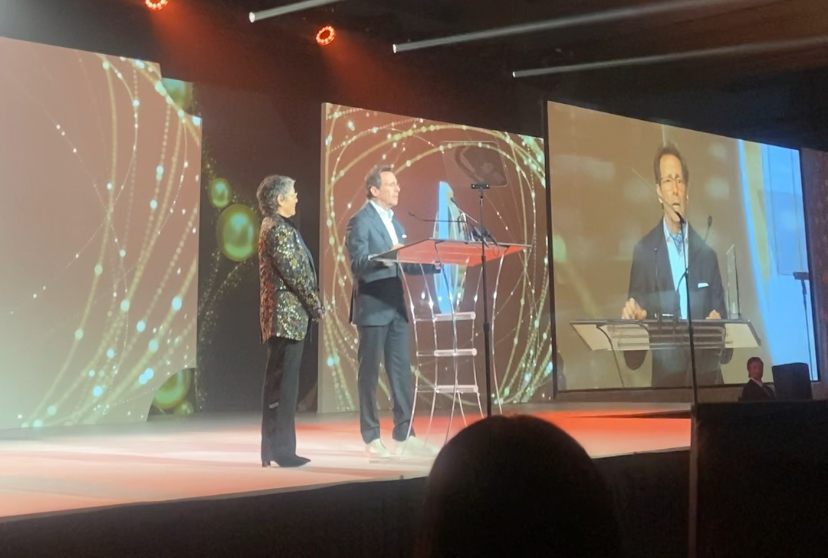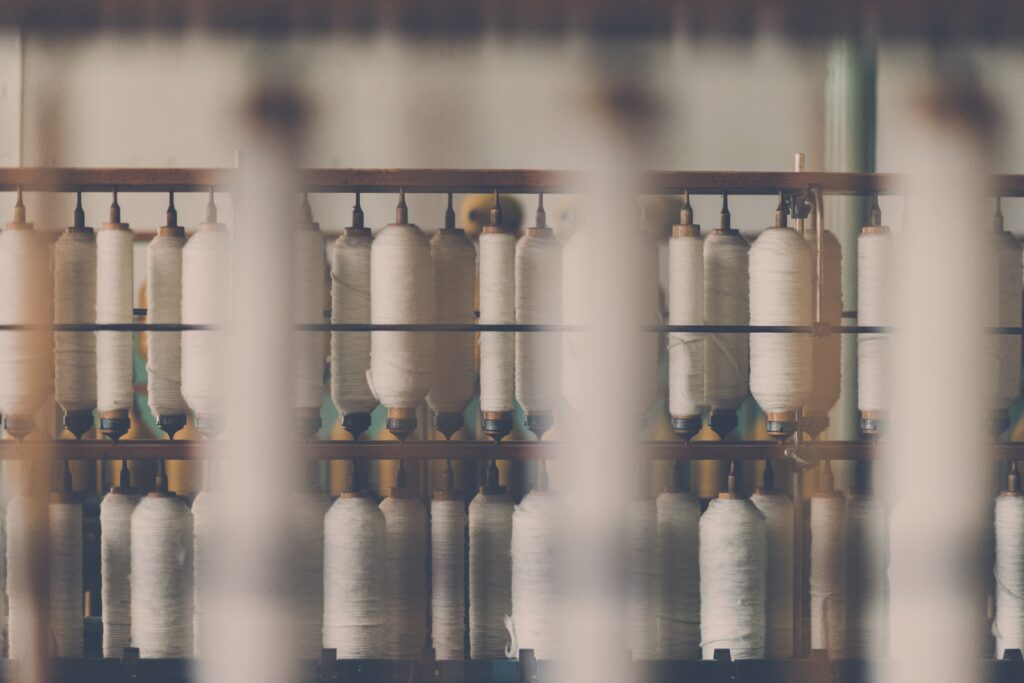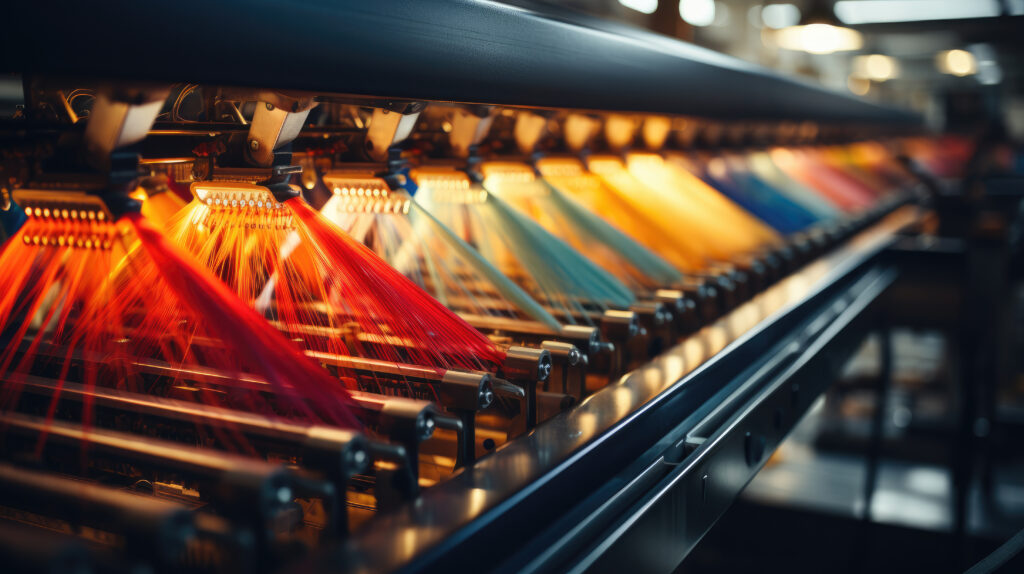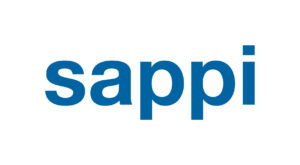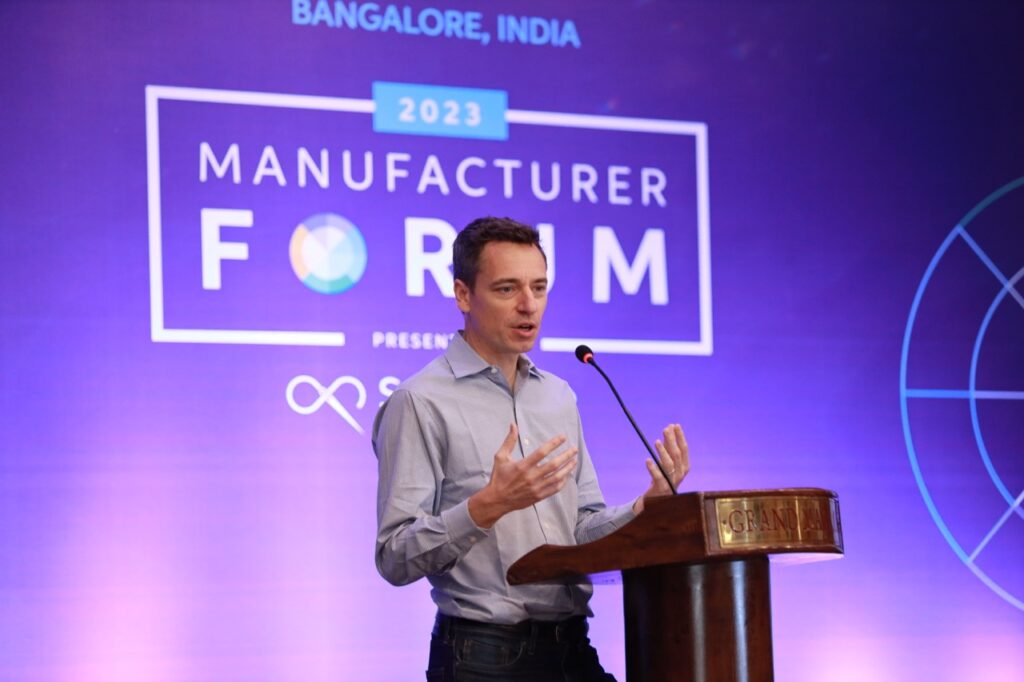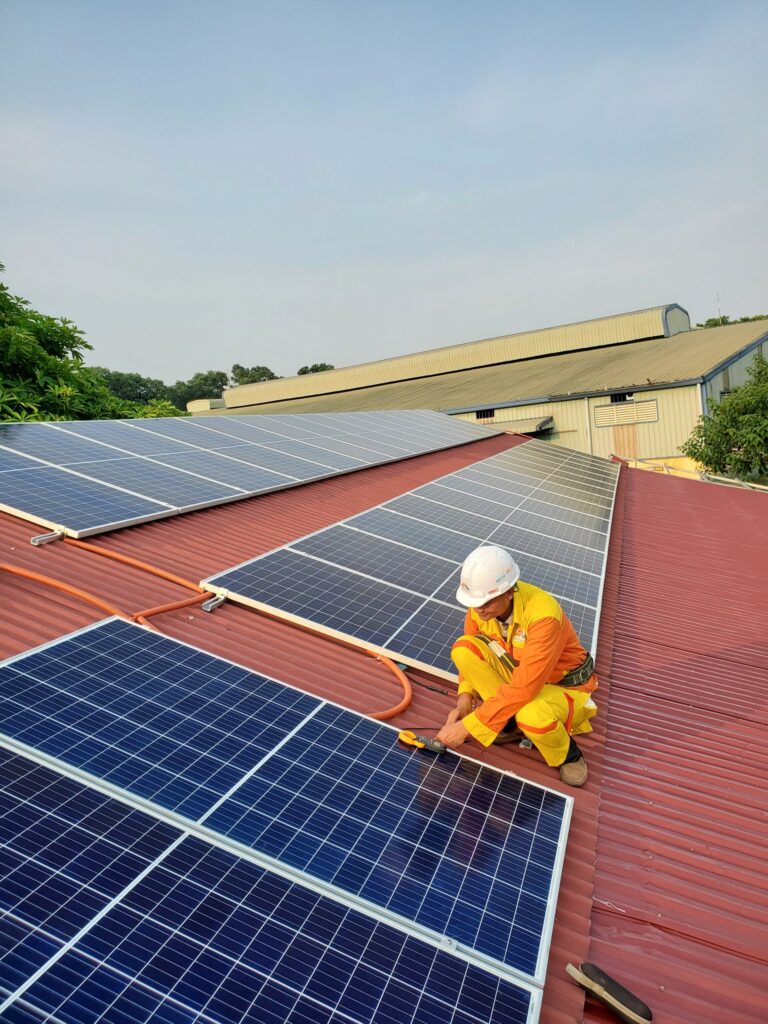Over 200 in-person attendees joined the Sustainable Apparel Coalition (SAC), for the second edition of its Manufacturer Forum, on December 4, 2023 in Bangalore, India. Building on the theme, Catalysts for Change, the event brought together business leaders and stakeholders to discuss the future of sustainability, supply chain compliance, verification, policy alignment, and more.
“The use of the Higg Index tools is just one step of many that we must take to solve the most complex sustainability challenges for the sector,” said Jeremy Lardeau, vice president Higg index at the SAC. “This is why we do not stop at delivering data and tools, but also develop programs and events like Manufacturer Forums, where stakeholders can come together and take collective action for industry progress.”
Dr. Vidhura Ralapanawe, executive vice president at Epic Group and an SAC board director delivered a thoughtful keynote, calling for urgent action to combat climate change. “How much we do, and how fast we work to decarbonize, and how much we aspire to achieve is on us. Because climate change is not happening in 2030 or 2050, it’s happening now. This is our chance, our choice,” Ralapanawe said.
Dr. Laxmikant Jawale, regional lead for South Asia & Southeast Asia at the Apparel Impact Institute (Aii), and Erlinda Lee, director of global membership development from the SAC, delved into a discussion that explored the dynamic collaboration between the SAC and Aii. The session allowed attendees to gain a deeper understanding of the mission, purpose, and collaborative efforts of both organizations to propel the industry forward. It also provided valuable knowledge on how to leverage programs offered through the partnership to effectively tackle the challenges associated with decarbonization and how manufacturers can get involved
Later that day, sessions explored critical issues including climate change, how policy and legislation impacts manufacturers, and the evolving landscape of sustainability verification.
Ringo Yu, manager of the SAC’s Manufacturer Climate Action Program (MCAP) highlighted the compounding impact of climate change, such as how extreme heat waves, torrential rain, and flooding impacts India’s community, natural environment, and economy. He shared that there’s currently a low level of science-based target adoption in the apparel, footwear, and textile sector. He shared insights on the newly launched program and how the SAC is spearheading and amplifying industry initiatives for combating climate change. The program aims to accelerate the number of manufacturers at corporate level to set science-aligned targets for scope 1 and 2, enhance their understanding on climate change related risks, and explore opportunities to take climate actions. “It is important to pursue a leadership mindset first and take action individually to drive change collectively by participating in programs such as the MCAP,” Yu said.
Gauri Sharma, assistant general manager of communications and sustainability innovation at Shahi Exports Pvt Ltd. joined Mousumi Sarang, country manager for India at the Fair Wear Foundation to discuss the intricacies of current and future policy challenges in the textile industry. ”Legislations built and shaped in the Global North have a deep cascading effect in the supply chain, Sharma said. “Hence in the Global South, it is important to develop an understanding of what these means for manufacturers.”
Angela Ng, director of Higg Facility Tools at the SAC, Janne Koopmans, head of collaboration at ZDHC, and Yashinth Wijerathne, manager of environmental sustainability at Hirdaramani Apparel, discussed the recently launched Higg FEM 4.0 and its vital role in standardized measurement and accurate reporting. “The Higg FEM 4.0 allows manufacturers to see what is really important and evolve from there,” Ng said.
Dhawal Mane, director of training and verification at the SAC, and Jeremy Lardeau, SAC vice president of Higg Index, presented on the evolving landscape of sustainability verification within the industry. “Higg FEM verification growth over the past 5 years has demonstrated the collaboration of SAC members on a shared environmental assessment. It is time to simultaneously invest in value through evolving our approach for verification. Our Core verification approach this year is the first step in that direction,” Mane said.
Attendees also received training to support their Higg FEM 4.0 self-assessment, get certified in setting Science-Based Targets, and develop plans for health and safety remediation and workers rights.
The SAC announced the return of Manufacturer Forums earlier this year, with the first in-person event taking place in Shenzhen, China on July 25 at Sheraton Shenzhen Futian Hotel. This was the first in-person Manufacturer Forum the SAC had hosted since 2019.
The Bangalore Manufacturer Forum online photo gallery is available here. Manufacturers who are interested in participating in an upcoming Manufacturer Forum can click here to subscribe for updates.




